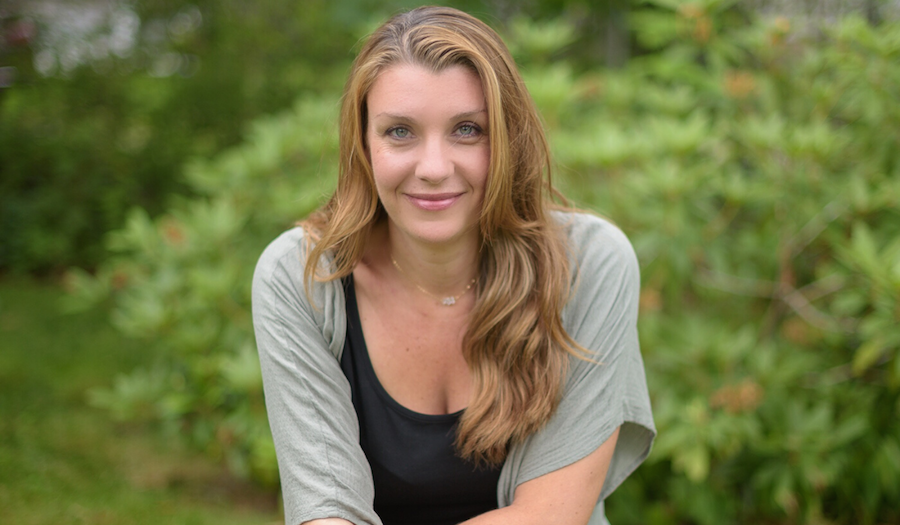Why We Grieve Celebrity Deaths

How do we make sense of a death like Kobe Bryant’s? We don’t. We can’t. But we can mourn collectively. There is a beauty in coming together, in recognizing the presence of a person who has been part of our cultural life these last years and decades. It’s okay to grieve for someone you didn’t know.
Grief is one of the purest of human emotions, and we experience it in many forms. We grieve jobs, pets, relationships, opportunities, places where we once lived, and, yes, celebrities. We grieve public figures because they are part of our cultural lives. They are reflections of us, and they often represent versions of ourselves that we aspire to be. We follow their lives online and in magazines and television, and we find ourselves feeling emotionally invested in their triumphs and failures. Their accidents, illnesses, and deaths are stark and startling reminders of our own mortality. If someone like Kobe Bryant, who seemed invincible with his wealth, health, and talent, then what bodes for the rest of us?
People are often surprised by the strong emotions they feel in the wake of a celebrity death. And these emotions aren’t always positive. Public deaths can bring up deeply personal feelings around your own losses. You can feel confused or resentful of the seemingly endless tributes to this celebrated stranger when your own mother died quietly of cancer last year. Or perhaps you are a widow or have lost a child, and thinking of what Kobe Bryant’s family is going through is incredibly triggering for you. Nor are celebrities immune to their fair share of controversies and mistakes, and sometimes it can be difficult to watch the world grieving for someone you feel wasn’t a good person.
First and foremost, take time to honor and acknowledge your feelings of grief. They are valid and very real, no matter where they stem from. Find outlets for them–seek out support from friends, family, or a trusted therapist who can assist you in sorting through all that you are experiencing. Limit your time online if it doesn’t feel helpful. The constant news stories and social media tributes can be overwhelming and exacerbate triggers.
Find a way to respond to your grief in a healthy way. Write about it, create something, volunteer or donate to a cause, visit your spiritual or religious center, and above all, take care to rest and nourish your body.
I’ve been in the world of grief and loss for a long time, starting with my own parent’s early deaths, and followed by my time as a therapist working with people who have lost all kinds of people in all kinds of ways. What I’ve learned is that if we let it, grief can transform everything about how we live and love in this world. But grief is a funny thing. It lasts longer than most people imagine. The only thing you really need to know about grief is that it must be acknowledged, it must be experienced. When grief shows up in your life, it is there as a way for you to honor what you have lost. Lean into it as a way of leaning into the love you felt, and let your grief remind you of all that it means to be human in this world.
It’s okay to grieve for someone you didn’t know. It’s okay to remember that we are each part of a larger whole. It’s okay to pray for families you’ve never met. It is, in fact, what is most beautiful about being human—our ability to feel the pain of others, to carry even just a little of it, when it’s too much for them to bear.

